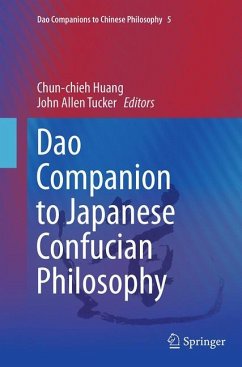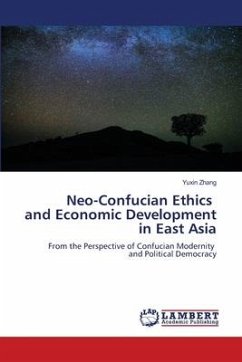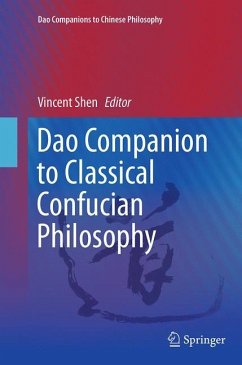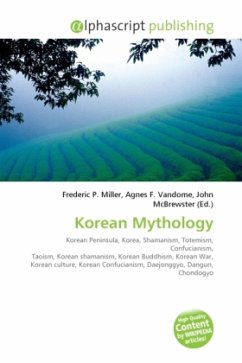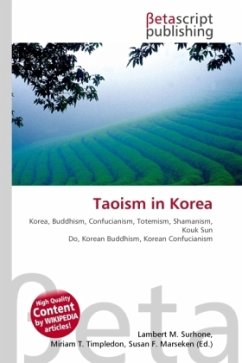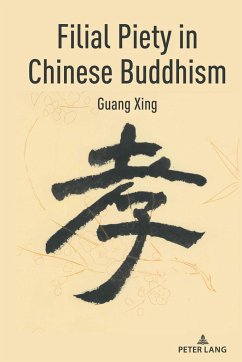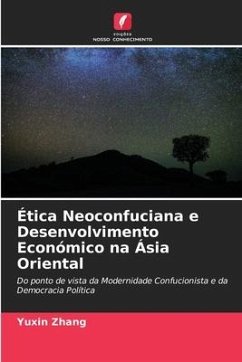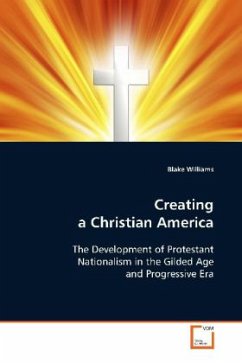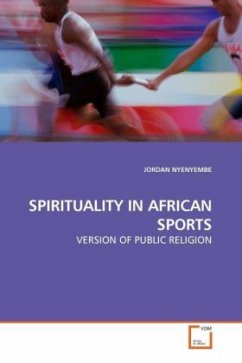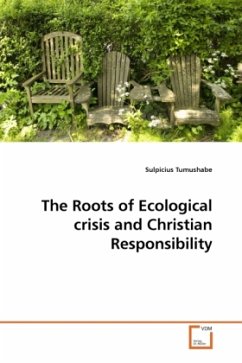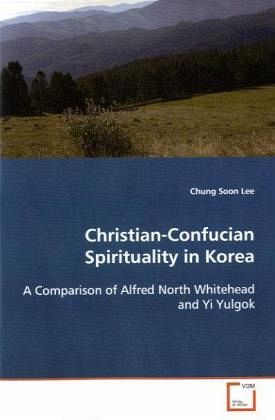
Christian-Confucian Spirituality in Korea
A Comparison of Alfred North Whitehead and Yi Yulgok
Versandkostenfrei!
Versandfertig in 6-10 Tagen
52,99 €
inkl. MwSt.

PAYBACK Punkte
26 °P sammeln!
This book engages in the Confucian-Christian dialogue in Korea by means of a comparative study of the cosmologies of Alfred N. Whitehead (1861-1947), the founder of process philosophy, and Yi Yulgok (1536-1584), the great scholar of Korean Neo-Confucianism. Although their philosophical and cultural traditions are different, Yulgok s and Whitehead s modes of thought are very similar in terms of organic, processive, and interrelational perspectives on the universe. This book argues that Whitehead s theory of eternal objects-actual entity has affinities with Yulgok s theory of principle-material ...
This book engages in the Confucian-Christian
dialogue in Korea by means of a comparative study of
the cosmologies of Alfred N. Whitehead (1861-1947),
the founder of process philosophy, and Yi Yulgok
(1536-1584), the great scholar of Korean Neo-
Confucianism. Although their philosophical and
cultural traditions are different, Yulgok s and
Whitehead s modes of thought are very similar in
terms of organic, processive, and interrelational
perspectives on the universe. This book argues that
Whitehead s theory of eternal objects-actual entity
has affinities with Yulgok s theory of principle-
material force. Their two contrasting sets of
concepts, based on reciprocal dialectical
interrelationships, view the world as a cosmos
characterized by the process of becoming.
Accordingly, Whitehead s panentheistic
interpretation of the God-world relationship
correlates with Yulgok s Neo-Confucian notion of how
the Great Ultimate relates to material force.
These two concepts suggest a balanced structure of
God and the world. This book then formulates a
Christian Confucian spiritually based on two
thinkers versions of process cosmology.
dialogue in Korea by means of a comparative study of
the cosmologies of Alfred N. Whitehead (1861-1947),
the founder of process philosophy, and Yi Yulgok
(1536-1584), the great scholar of Korean Neo-
Confucianism. Although their philosophical and
cultural traditions are different, Yulgok s and
Whitehead s modes of thought are very similar in
terms of organic, processive, and interrelational
perspectives on the universe. This book argues that
Whitehead s theory of eternal objects-actual entity
has affinities with Yulgok s theory of principle-
material force. Their two contrasting sets of
concepts, based on reciprocal dialectical
interrelationships, view the world as a cosmos
characterized by the process of becoming.
Accordingly, Whitehead s panentheistic
interpretation of the God-world relationship
correlates with Yulgok s Neo-Confucian notion of how
the Great Ultimate relates to material force.
These two concepts suggest a balanced structure of
God and the world. This book then formulates a
Christian Confucian spiritually based on two
thinkers versions of process cosmology.



